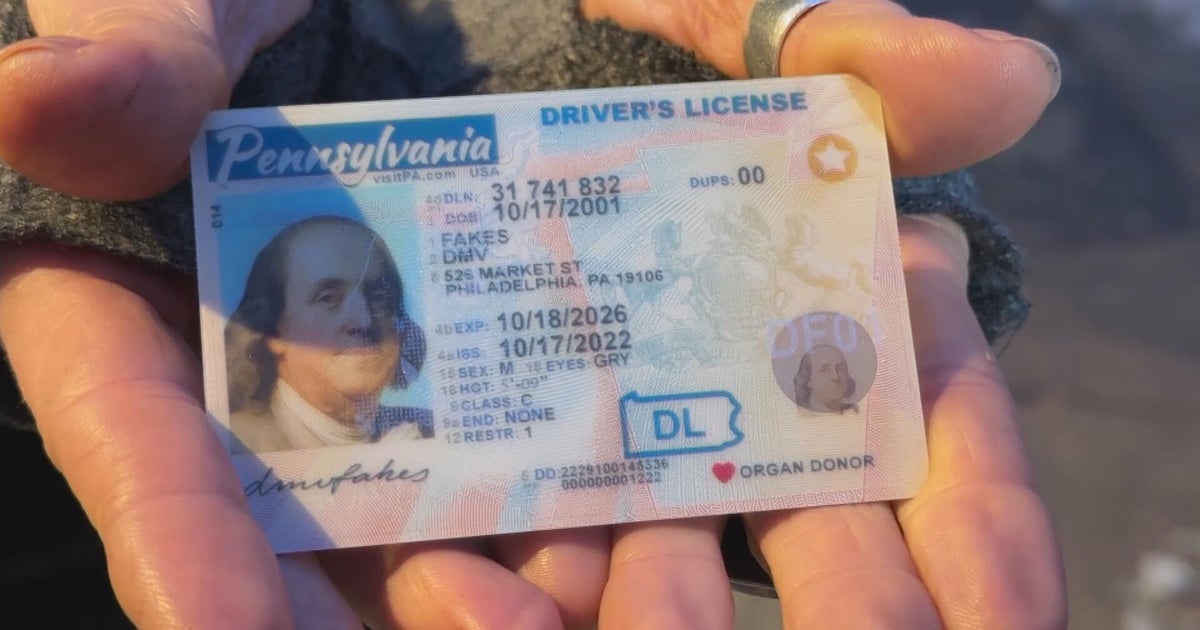Study: Some Dietary Supplements May Be Harmful
NEW YORK (CBSNewYork) - The federal government is cracking down on a very popular, $40 billion industry.
The Food and Drug Administration is warning that many dietary supplements contain unapproved ingredients, and a new FDA/CDC study found some could be harmful.
Many people assume that dietary supplements are regulated like prescription drugs and have to prove they're both safe and effective, reported CBS2's Dr. Max Gomez. However, 25 years ago, an act of Congress specifically exempted from many FDA requirements.
Two out of three Americans take some type of dietary supplement, ranging from energy boosters, to weight loss aids, to even purported Alzheimer's treatments.
A new government study estimates that many of these supplements are actually responsible for more than 23,000 emergency room visits per year. Roughly 10 percent of those visits are serious enough to require hospitalization.
"We found that over a quarter of people visiting the emergency room because of dietary supplements were young adults. These are people 20-34 years old, and most of those were for supplements for weight loss or energy. And 20 percent were for young children who had gotten into supplements intended for someone else," said Dr. Andrew Gellar of the Centers for Disease Control.
While the FDA does not review dietary supplements before they hit the market, it can intervene when products are deemed unsafe or carry false, misleading or unproven claims about their health benefits.
The agency will no be rolling out new enforcement strategies for the supplement market.
FDA Commissioner Scott Gottlieb said 12 warning letters and five advisory letters had been sent to supplement companies whose products, the agency said, "are being illegally marketed as unapproved new drugs" because they claim to prevent, treat or cure Alzheimer's disease, as well as health conditions like diabetes and cancer.
The FDA found one company that claimed its product had proven effectiveness against numerous deadly viruses.
The trade group that represents supplement manufacturers Tuesday applauded any effort by the FDA to take what it calls bad actors out of the marketplace.
"When you have companies that don't abide by quality standards, or make unreasonable claims for their products, it hurts consumer confidence for all of the legitimate products, and it makes consumers question the value of the products," said Steve Mister of the Council for Responsible Nutrition.
This does not necessarily mean that supplements are useless, but remember that whatever claims are made for supplements generally have little scientific evidence to support them: Buyer beware.
Don't be lulled into a false sense of security because these products are "natural." Lots of harmful things are natural, Gomez reported.






